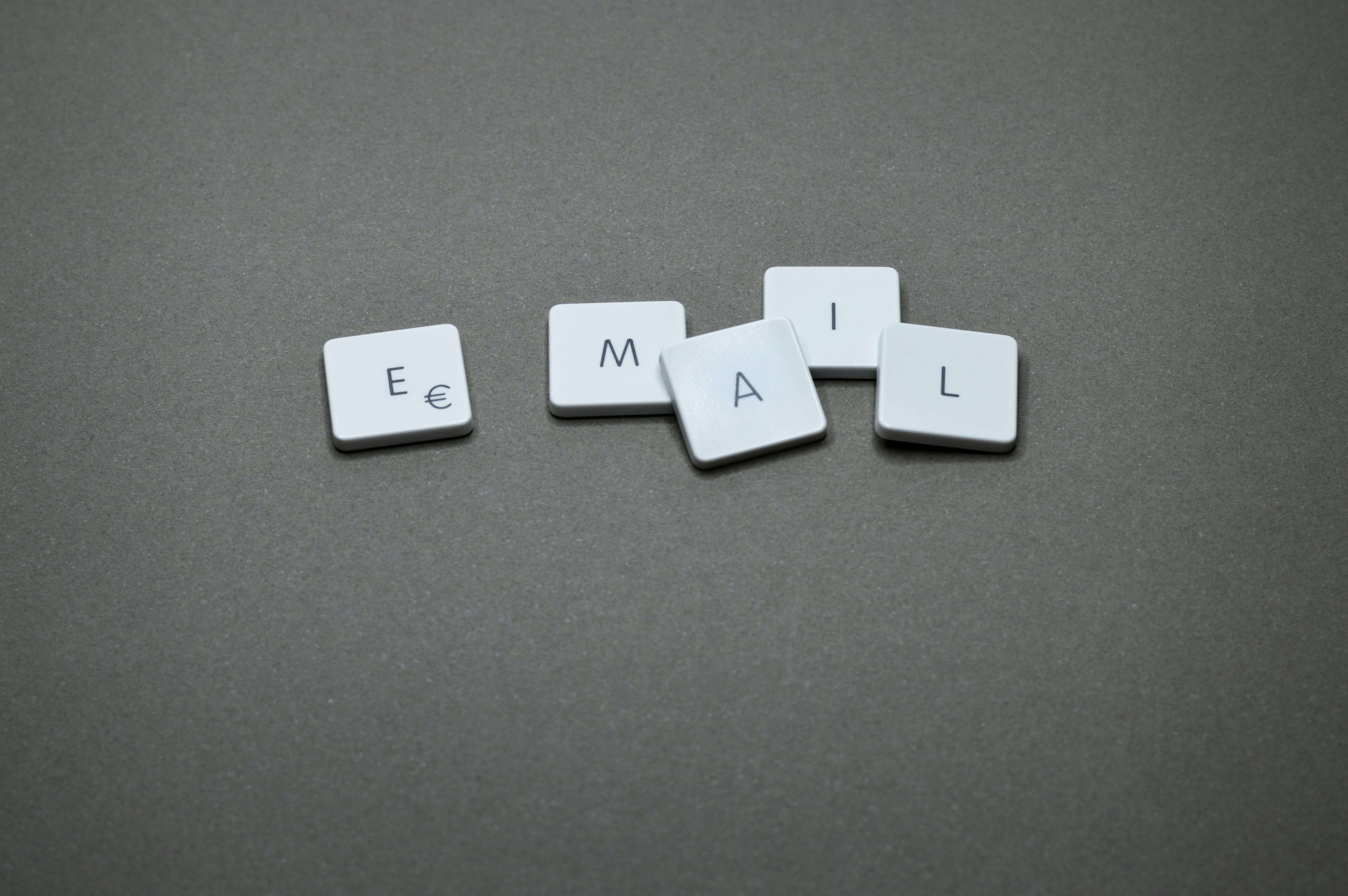HIPAA Email Rules: Complete Compliance Guide


Email is essential for healthcare communication — but it’s also a frequent source of HIPAA violations. If you send electronic protected health information (ePHI) such as lab results, appointment reminders, or billing details, you must follow official HIPAA email rules.
These rules exist to protect patient privacy, maintain trust, and ensure your practice can pass an Office for Civil Rights (OCR) audit without penalties. A secure email provider or encrypted email service isn’t just a good idea — it’s a requirement.
Two core regulations define HIPAA compliance email rules:
In short: The Privacy Rule governs permissions, while the Security Rule governs protections. Both must be followed when you send PHI by email.
HIPAA compliant email is an email service or platform configured to meet all HIPAA email policy requirements for PHI. According to HIPAA compliance email rules, a compliant system must:
📌 Example: A medical office emailing a referral letter with diagnosis details must use a HIPAA compliant messaging system that encrypts the content, verifies the recipient, and logs the event.
Encryption is the backbone of HIPAA-compliant communication. The HIPAA email encryption rules require:
If encryption is missing at either stage, the email is not compliant, regardless of other safeguards.
The HIPAA privacy rule email provisions require strict access controls for PHI. These include:
Even the best encrypted email service can be compromised without strong access controls.
A HIPAA-compliant email provider must log every PHI-related message. Your audit trail should record:
Audit trails are part of the HIPAA email compliance checklist and serve as proof during OCR investigations.
HIPAA email rules also require safeguards to prevent PHI from being altered in transit. Digital signatures, checksum verification, and secure email provider features ensure message integrity.
If your email vendor stores or transmits PHI, they are a HIPAA business associate. Without a signed BAA, sending PHI through their system is a violation. This is true even for encrypted email services.
HIPAA requires covered entities to retain certain PHI-related communications — including email — for at least six years from the date of creation or last effective date. State laws may require longer retention.
A HIPAA-compliant communication tool should offer secure archiving, role-based access, and the ability to produce records quickly.
📌 Example: In 2023, a behavioral health provider was fined $28,000 for sending unencrypted therapy notes to the wrong email address. The violation was due to missing safeguards, not the error itself.
These cases show that HIPAA enforcement applies to organizations of all sizes.
Under the HIPAA privacy rule email provisions, patients can request unencrypted email. To comply:
Even then, limit PHI in the message.
Q: Can I email PHI to another provider?
✅ Yes, if encryption, access controls, and audit logs are in place, and your vendor has signed a BAA.
Q: Do I need a BAA for my email provider?
✅ Yes — without it, you’re automatically non-compliant.
Q: How long do I need to keep PHI emails?
✅ HIPAA requires six years, but state laws may require more.
Following HIPAA email rules is essential for protecting patient privacy and avoiding costly OCR fines. By using a secure email provider, encrypting PHI, enforcing access controls, logging all communications, and securing a BAA, your practice can send PHI by email with confidence.
💡 Want a ready-to-use HIPAA compliant messaging system? Explore SentSafe’s HIPAA Email Services — encryption, logging, retention, and a signed BAA included.